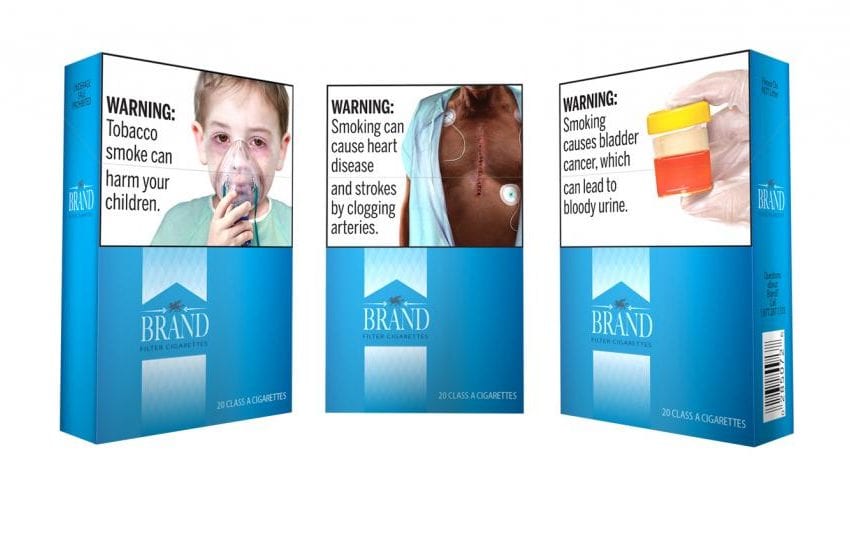
The European Union has imposed sanctions against Neman Grodno Tobacco Factory and Inter Tobako in Belarus, reports Interfax. The measures were announced in The Official Journal of the European Union as part of a larger package of sanctions to punish Russia and its allies for the war in Ukraine.
The package also targets Russian oil exports, financial institutions and vehicle manufacturers whose trucks and cars have been used in the “special military operation.”
The Newman Grodno Tobacco Factory was already subject to sanctions following the controversial re-election of Alexander Lukashenko and the regime’s subsequent crackdown on protests challenging the outcome in 2020.
Accounting for 70 percent of domestic cigarette sales, Neman effectively has a monopoly on the Belarusian tobacco market. The United States says it is one of several entities that receive preferential treatment from the regime in return for providing funds to Lukashenko.
The Neman factory has also been fingered as a major source of illicit cigarettes in Europe. Around 10 percent of the 5.5 billion cigarettes sold illegally in the U.K. annually are believed to have originated in Belarus.
With the average price of a pack of cigarettes in Belarus running the equivalent of about $0.80 compared to $4.30 in Latvia and much higher in other parts of the EU, there is plenty of room for profit in smuggling.


















